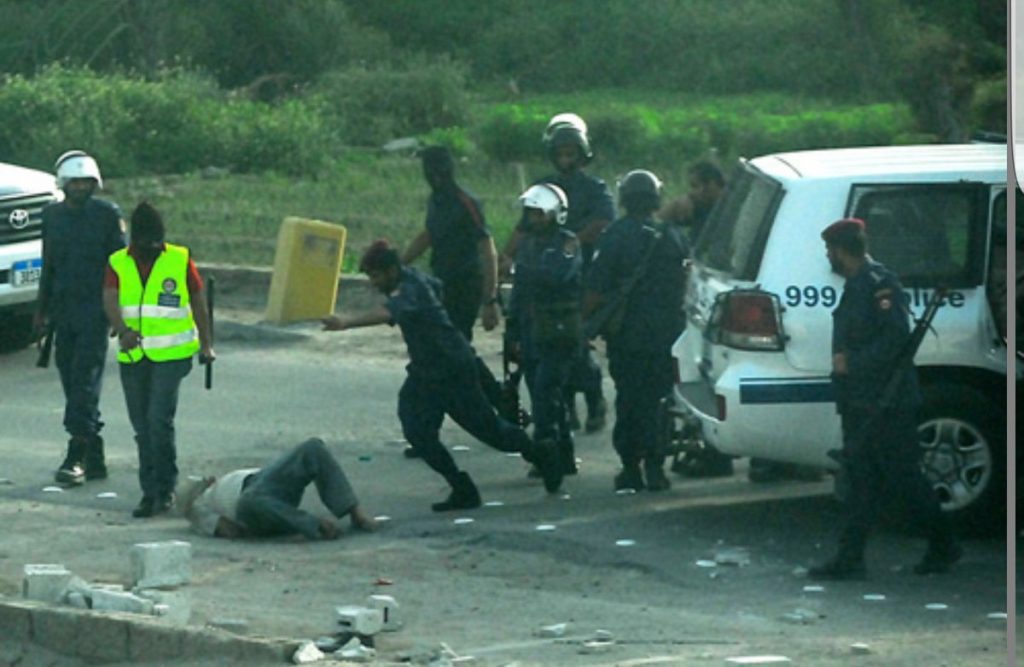Today marks “International Day for the Right to the Truth Concerning Gross Human Rights Violations and for the Dignity of Victims” in the hope that a commitment to principles of justice and accountability for human rights violations will be strengthened globally.
Ever since the uprising in February 2011, the Bahraini authorities have continually denied any responsibility of committing human rights violations. On 15 February 2011, the King ordered the formation of a commission of inquiry into the killing of two citizens, Ali Mushaima and Fadel al-Matrouk. Yet this committee never undertook this work and failed to produce a single result.
Months later, the findings of the Bahrain Independent Commission of Inquiry (BICI), released on 23 November 2011, showed that grave violations had been committed systematically by the security services against protestors during the uprising. However, the authorities, rather than providing justice for the victims of these violations, chose to leave most of the perpetrators unpunished, and did not implement the BICI’s most important recommendations.
The government also established a number of institutions and governmental bodies to deal with human rights issues, including as the National Institution for Human Rights (NIHR), the Special Investigation Unit (SIU), the Ombudsman, and the Prisoners and Detainees Rights Commission (PDRC). However, these bodies have not been effective, and have in fact lost credibility and the confidence of victims, and those who complain to these bodies are often subject to reprisals.
On the International Day of the Right to Know the Truth about Serious Human Rights Violations and Respect for the Integrity of Victims, Salam DHR calls on the government of Bahrain to stop all violations committed by the security services and to investigate crimes of torture, extrajudicial killings and sexual harassment. Furthermore we call on the government to implement the BICI report recommendations, and the recommendations of the Universal Periodic Review (UPR) of the Human Rights Council and other United Nations bodies.


 العربية
العربية Français
Français Deutsch
Deutsch